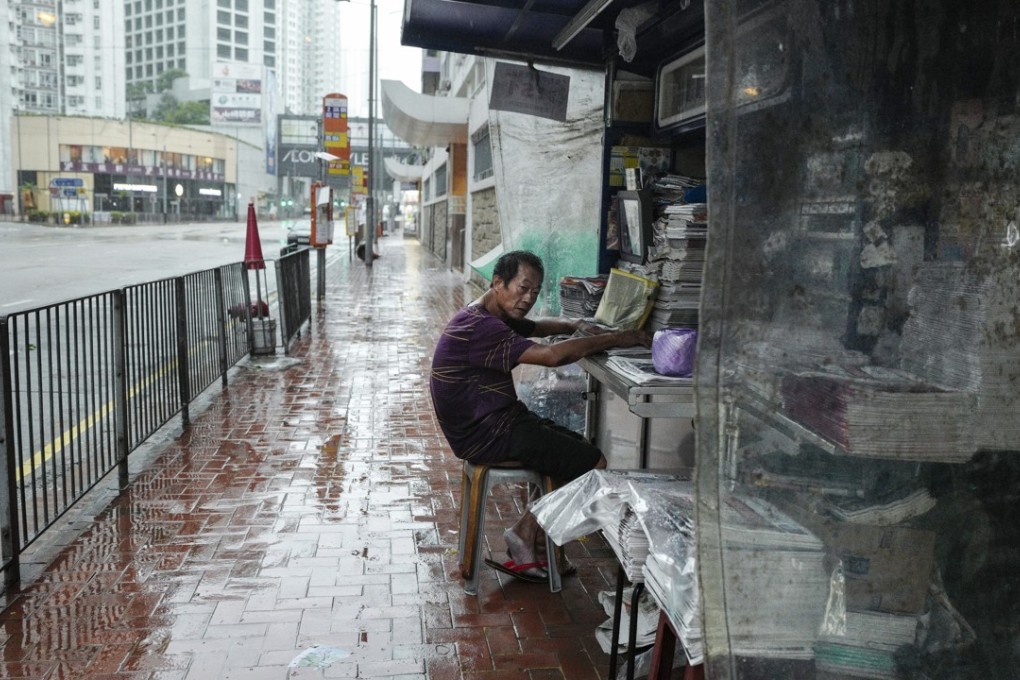Advertisement
Letters | Hong Kong should explain why Mallet ban has nothing to do with press freedom
- A refusal to disclose the reason for banning Mallet is only feeding speculation about the decline of freedoms in Hong Kong
Reading Time:2 minutes
Why you can trust SCMP

I am writing in response to the report, “Ban on FT journalist Victor Mallet entering Hong Kong risks undermining business confidence, UK minister warns”, November 9).
British journalist Victor Mallet has become the talk of the town after being barred from Hong Kong. Mallet, the Financial Times’ Asia news editor, was denied a work visa renewal last month and given only seven days to wrap up his life in Hong Kong. And when he tried to visit Hong Kong as a tourist last Thursday, he was turned away at the airport after nearly four hours of questioning. The government did not give the reason for this.
Many believe that this denial of entry is the consequence of the fact that he hosted a controversial talk at the Foreign Correspondents’ Club by Hong Kong independence advocate Andy Chan Ho-tin, whose Hong Kong National Party was subsequently banned.
Advertisement
It is no problem if the Hong Kong government wishes to bar entry to someone, as long as the government can explain why.
However, the government has refused to disclose the reason for this action, saying only that it had nothing to do with press freedom. This is only feeding speculation about the decline of the freedom of the press and of speech in Hong Kong, and is leaving business confidence badly shaken.
According to Article 27 of the Basic Law, all Hong Kong residents shall have the freedom of speech and freedom of the press. If the denial of entry to Mallet is really because of his speech, it would set a bad precedent. The government may use the rejection of entry as a means of retribution against anyone who says something it does not like. This would deeply harm Hong Kong’s right to enjoy the freedom of speech and the free flow of information.
Advertisement
Select Voice
Select Speed
1.00x